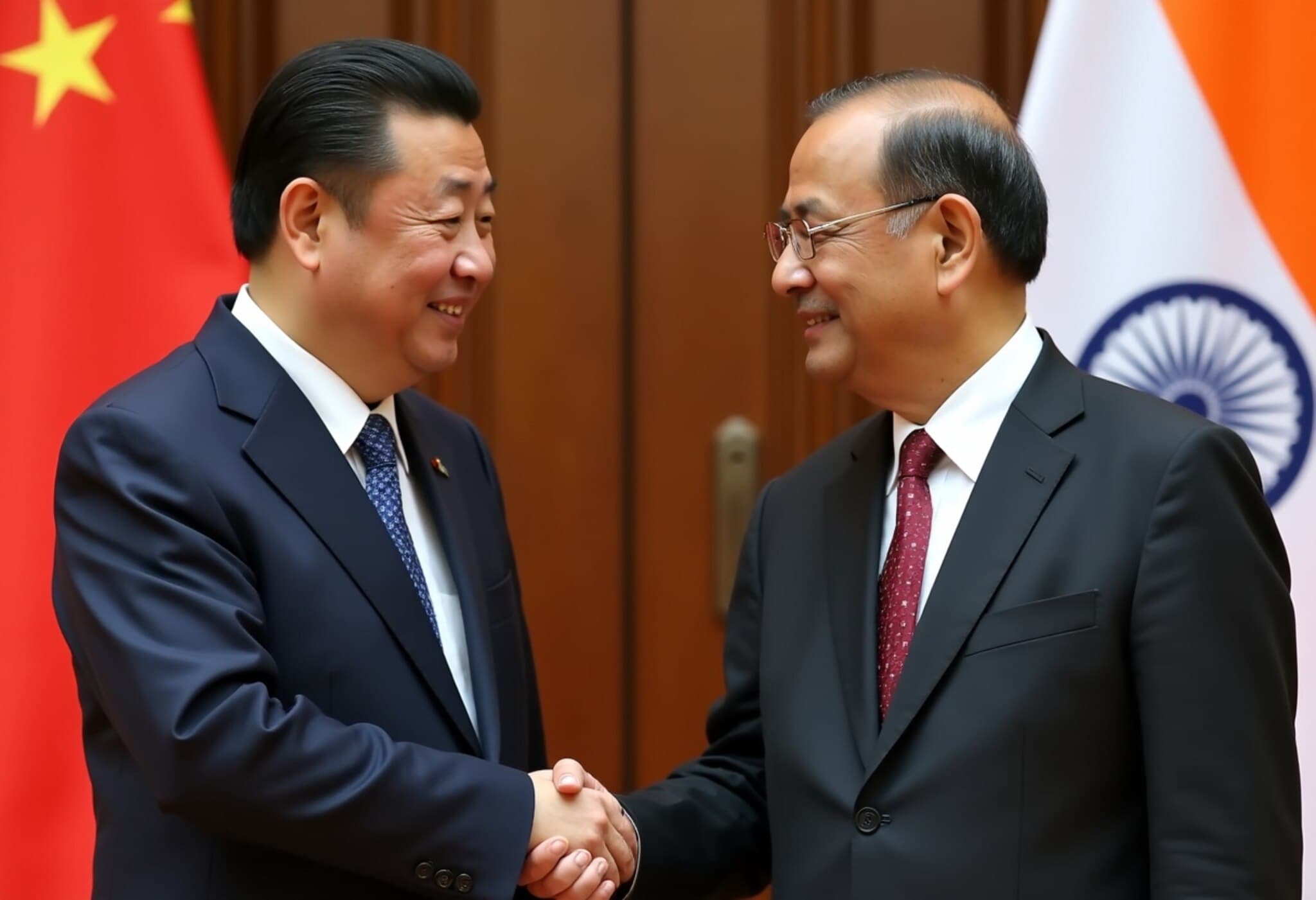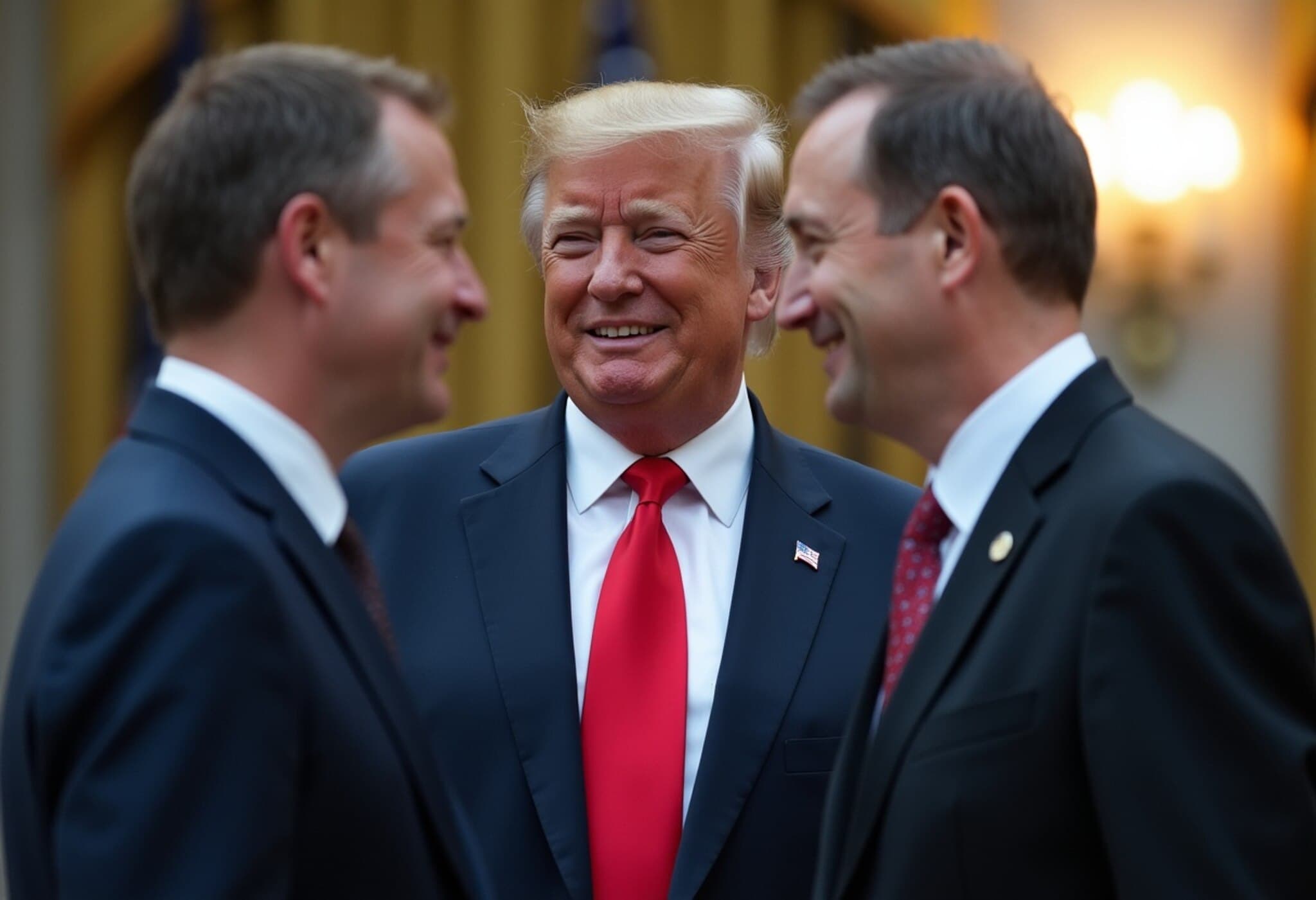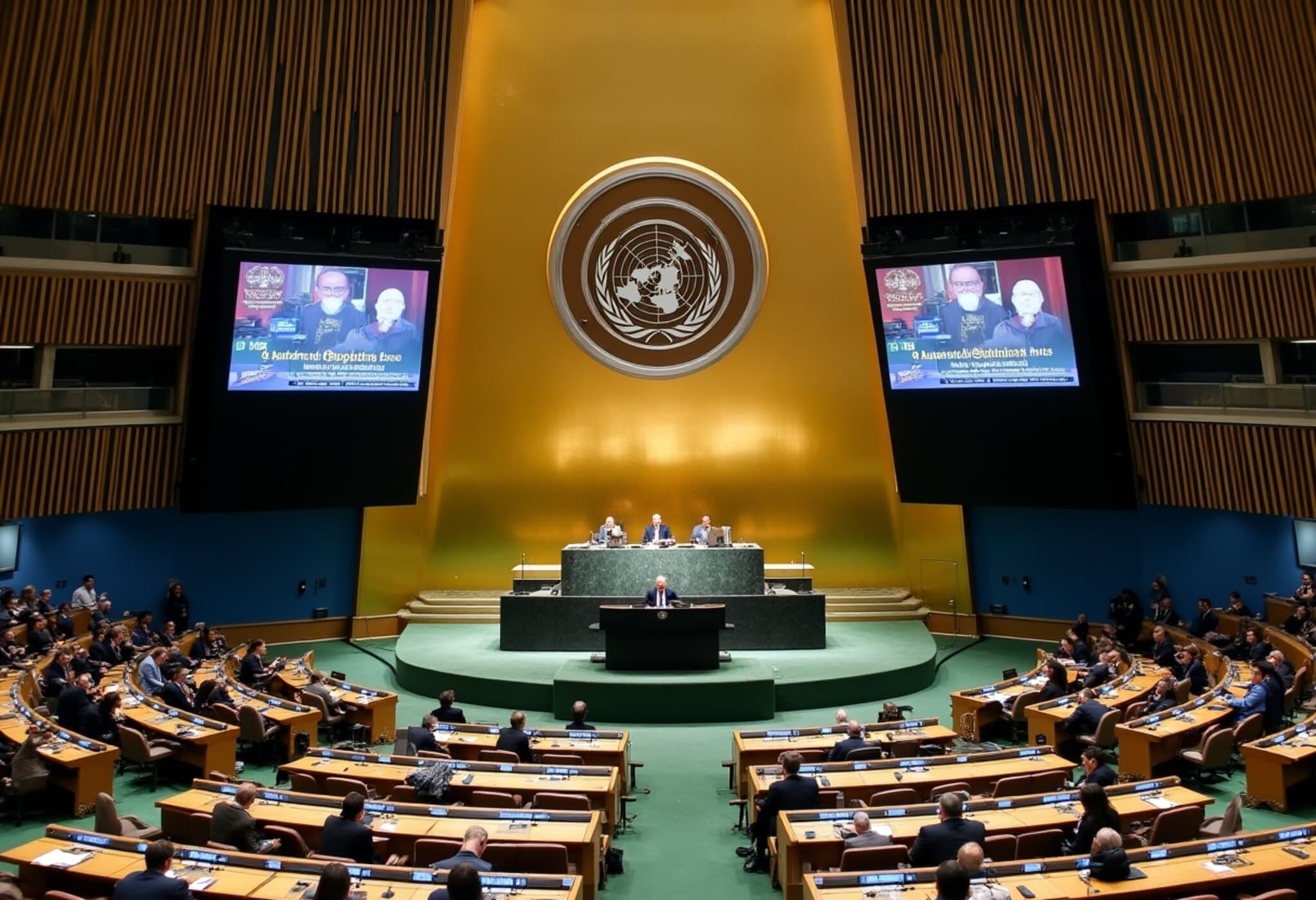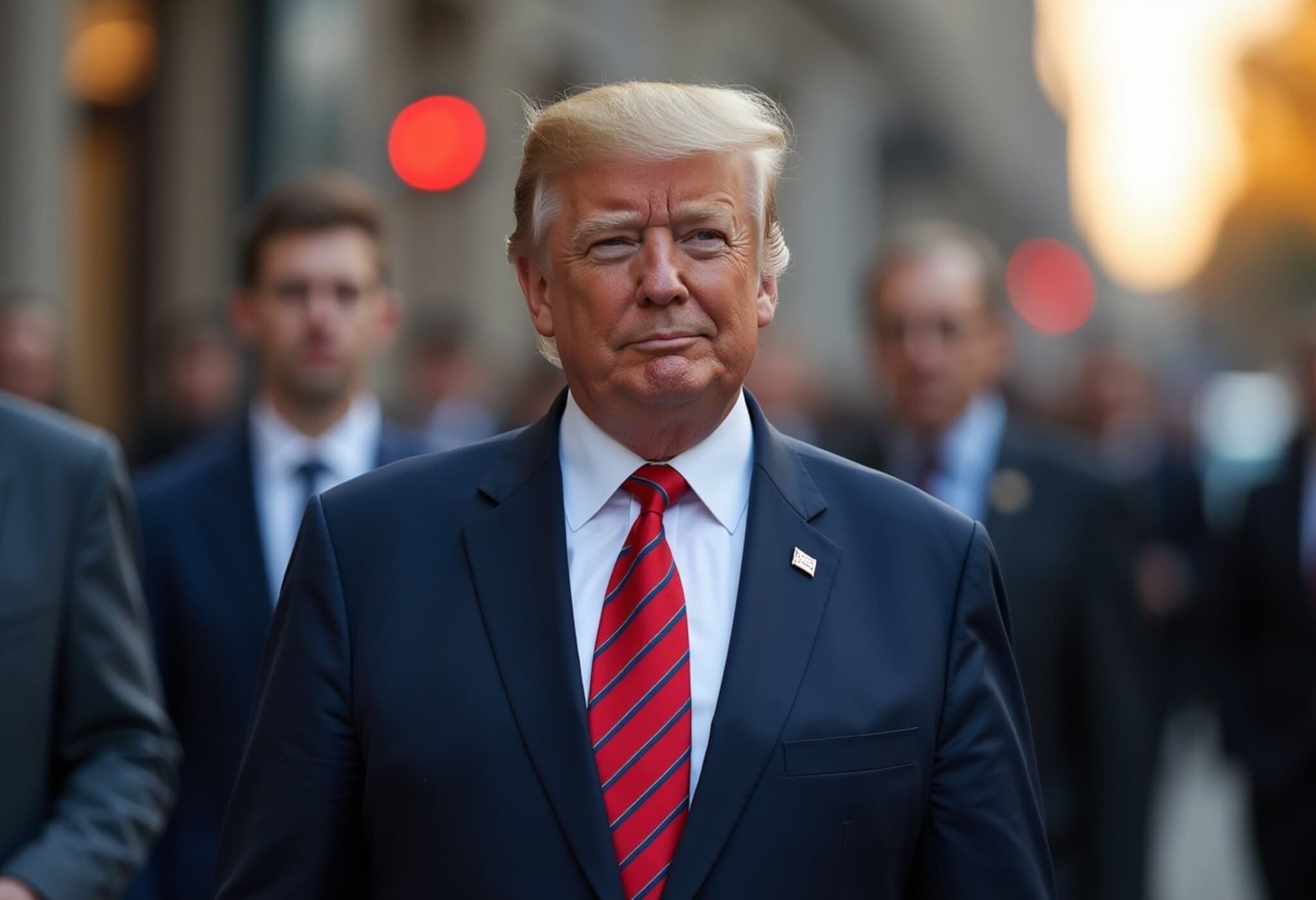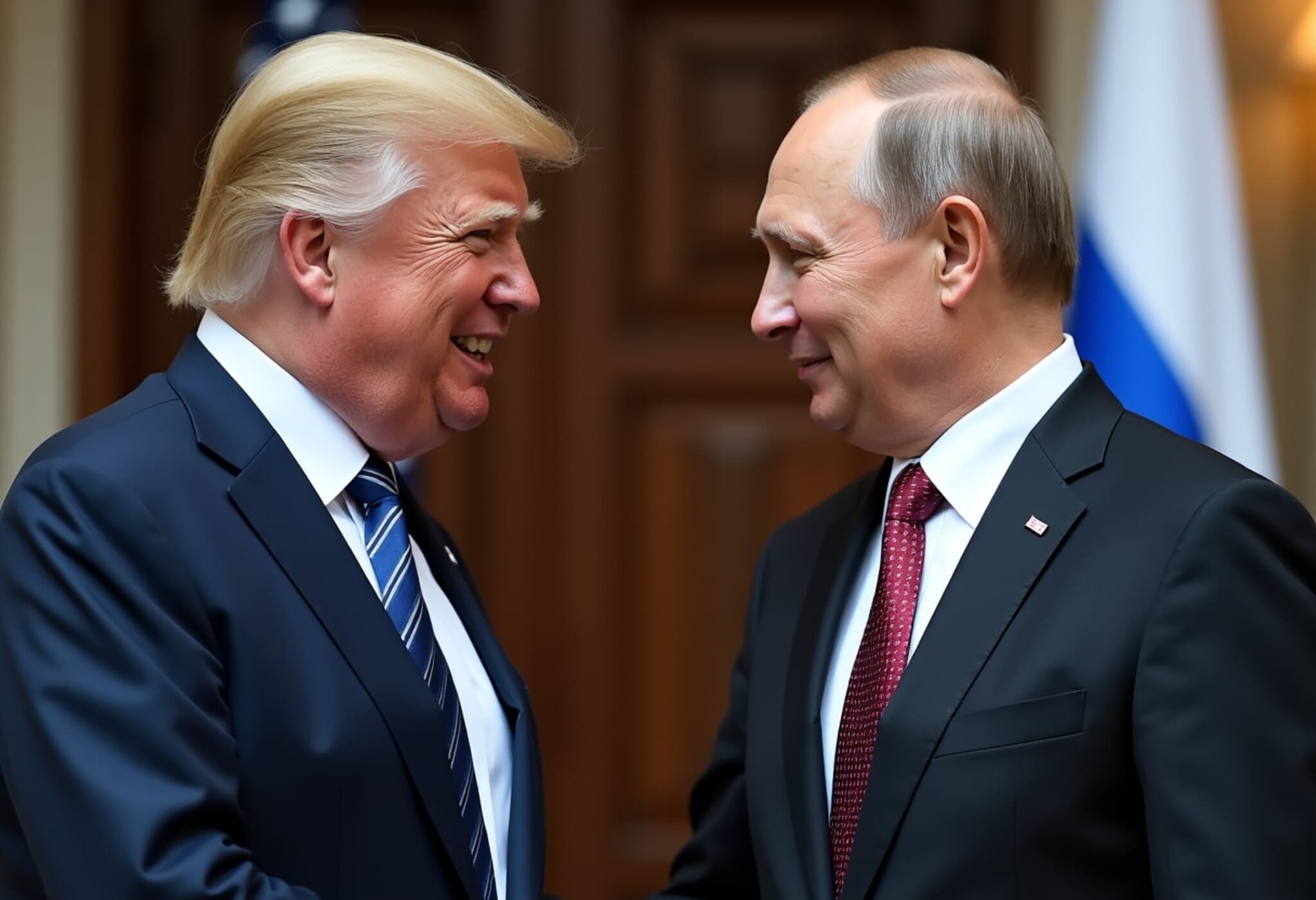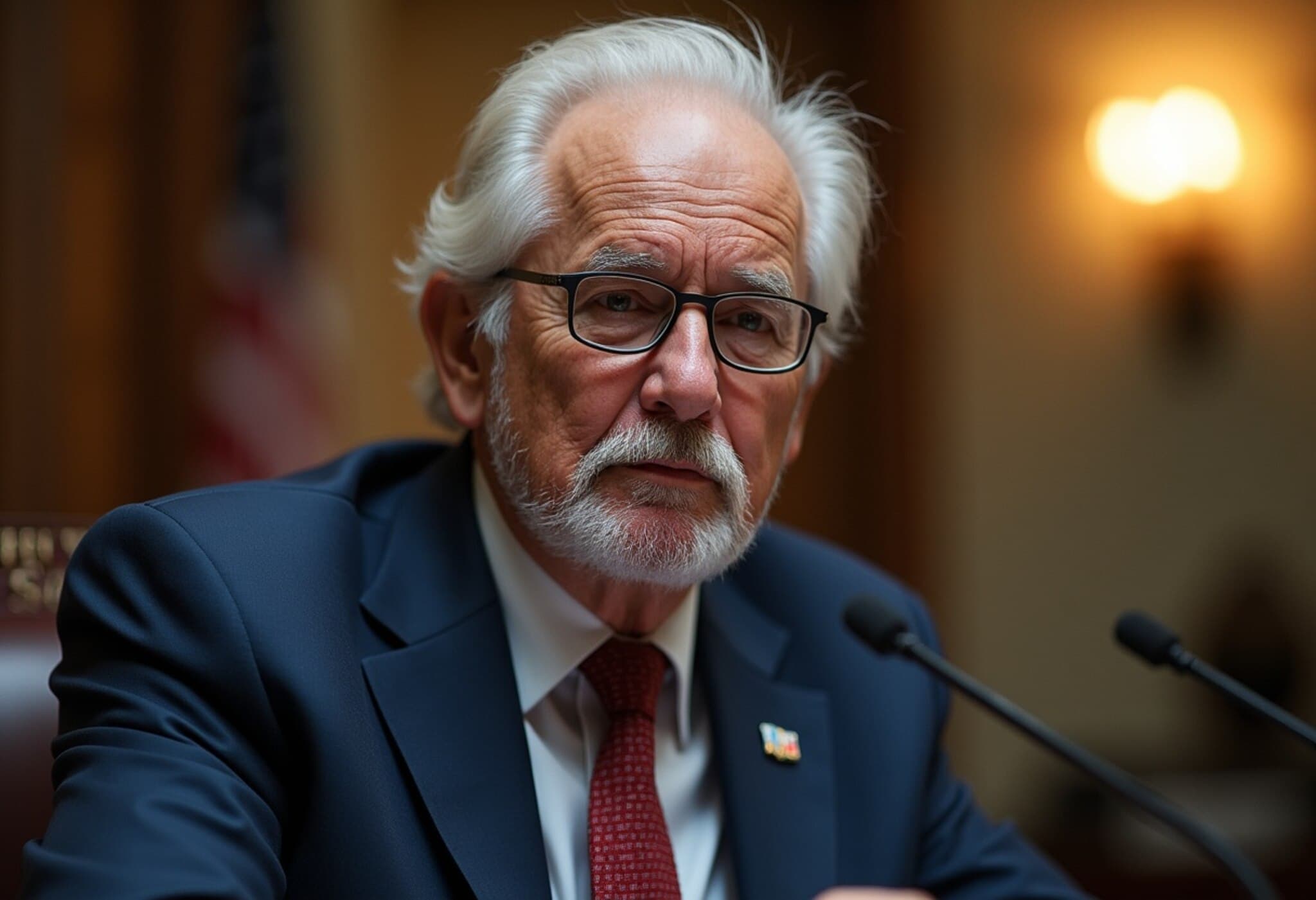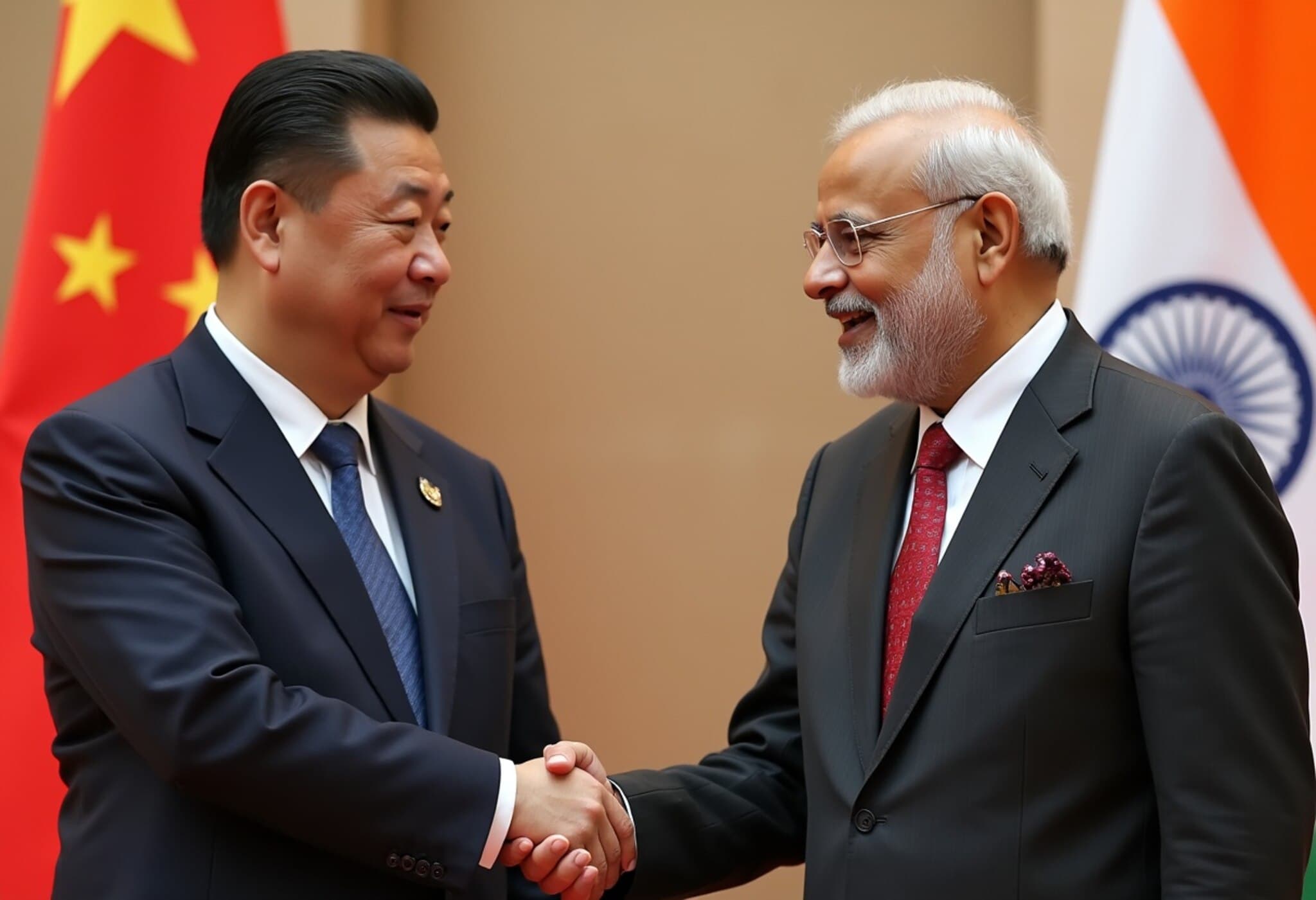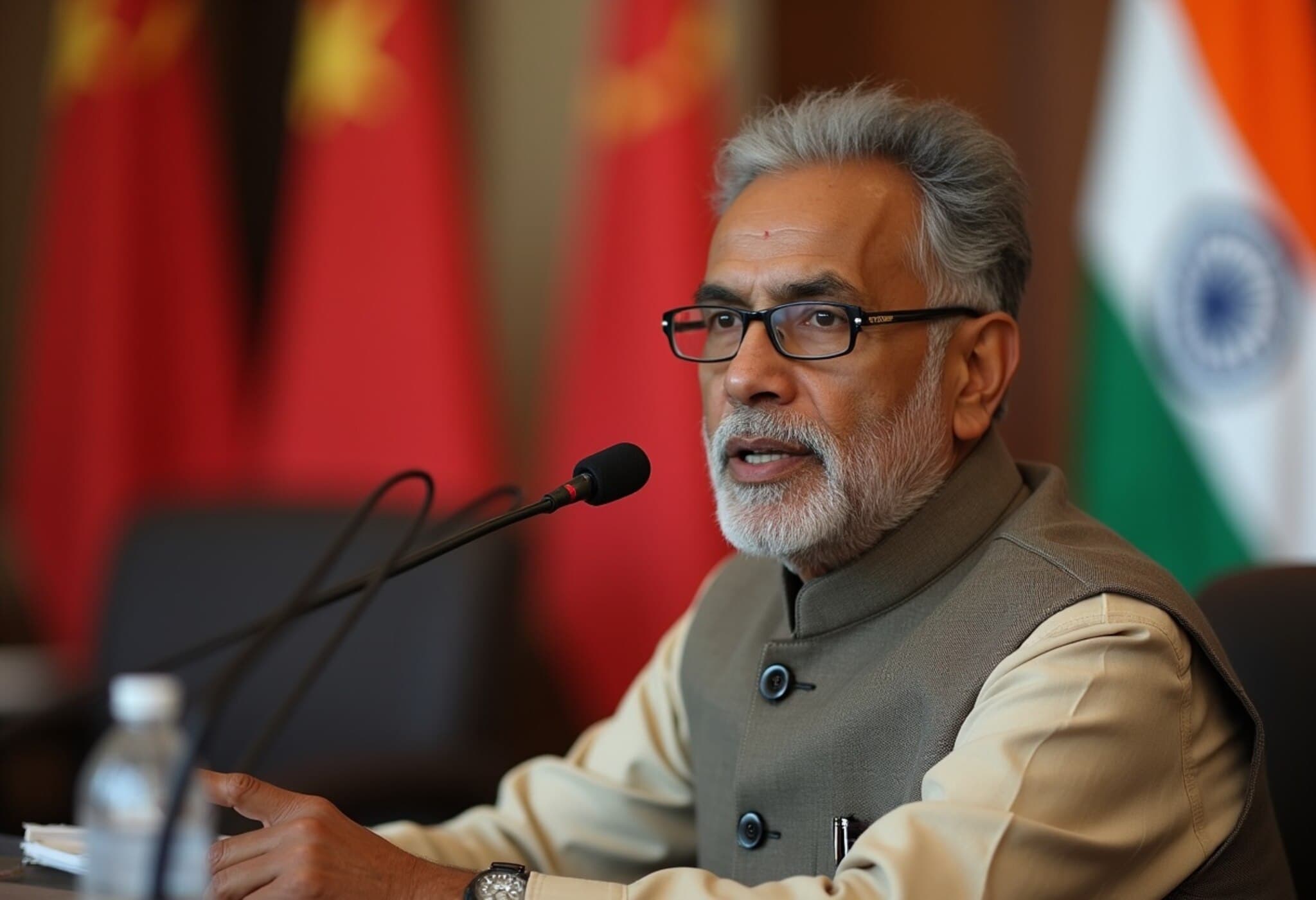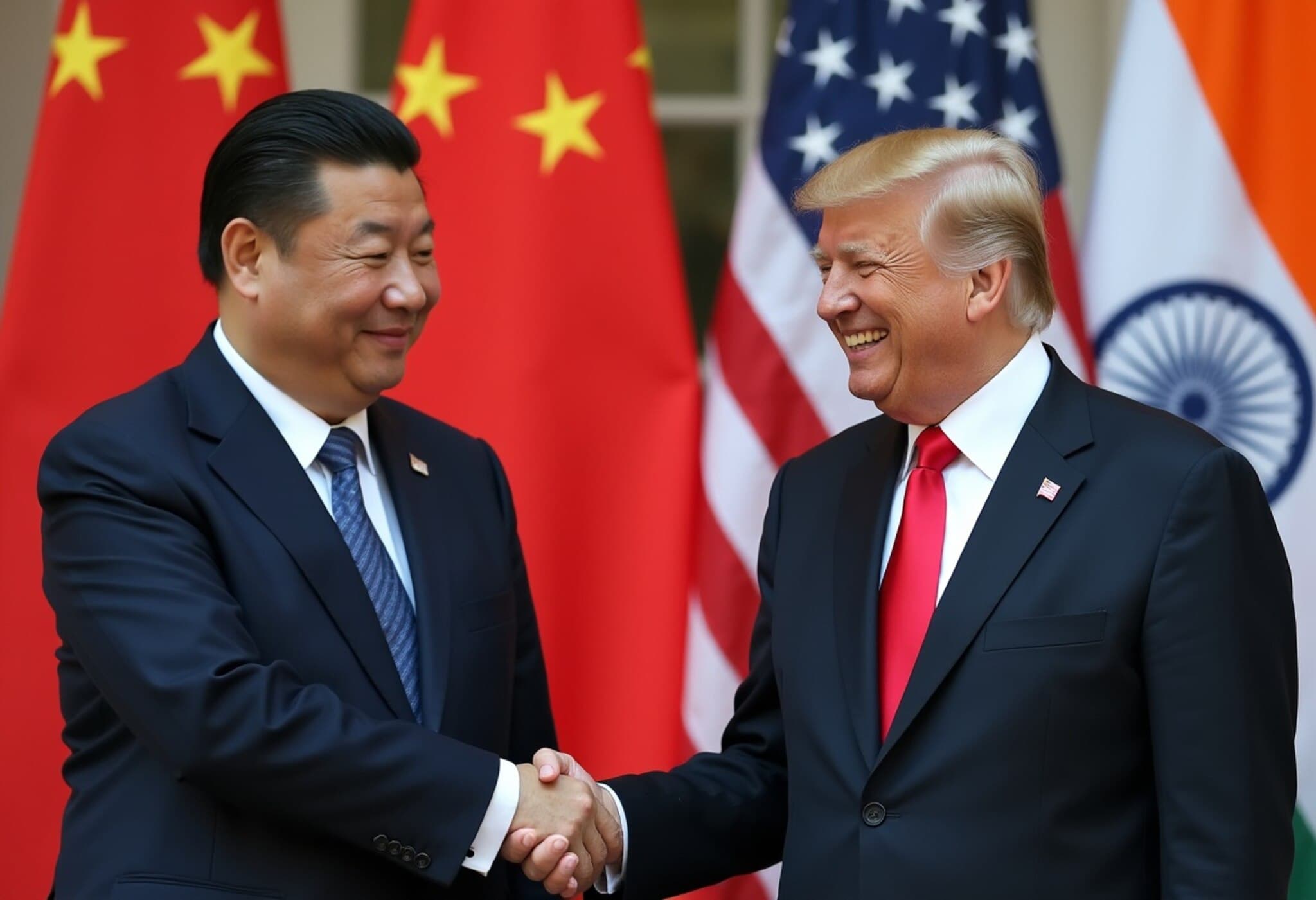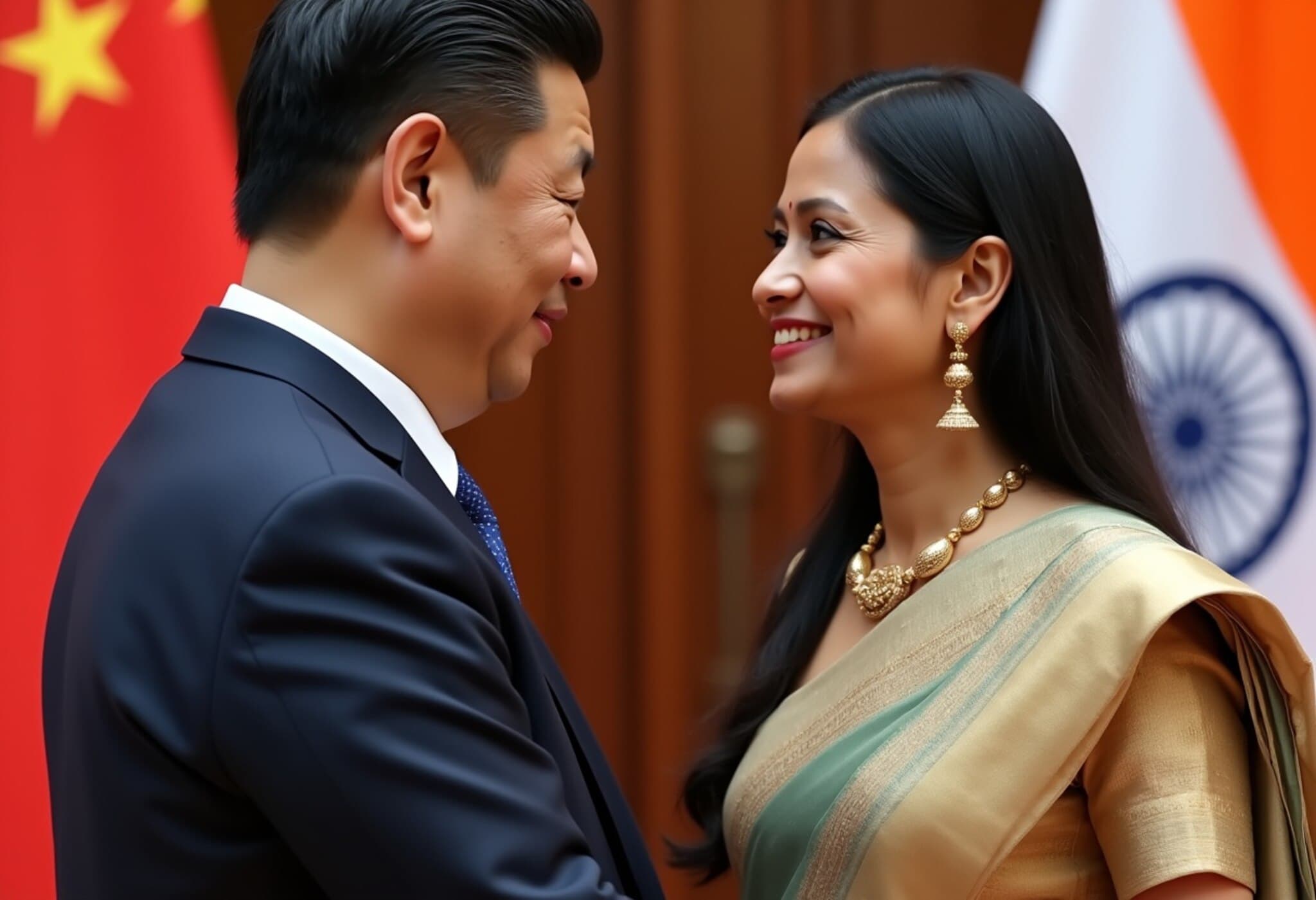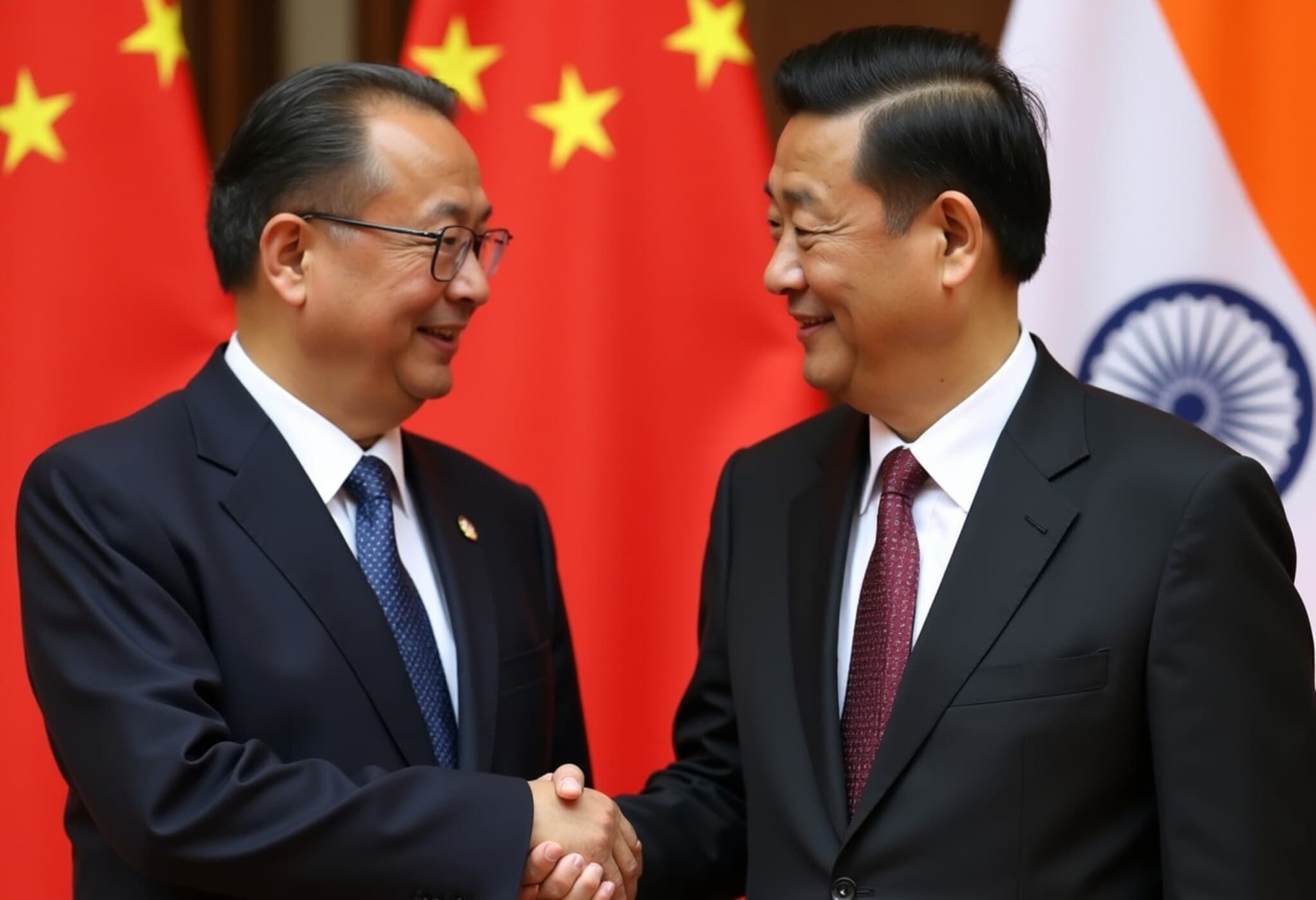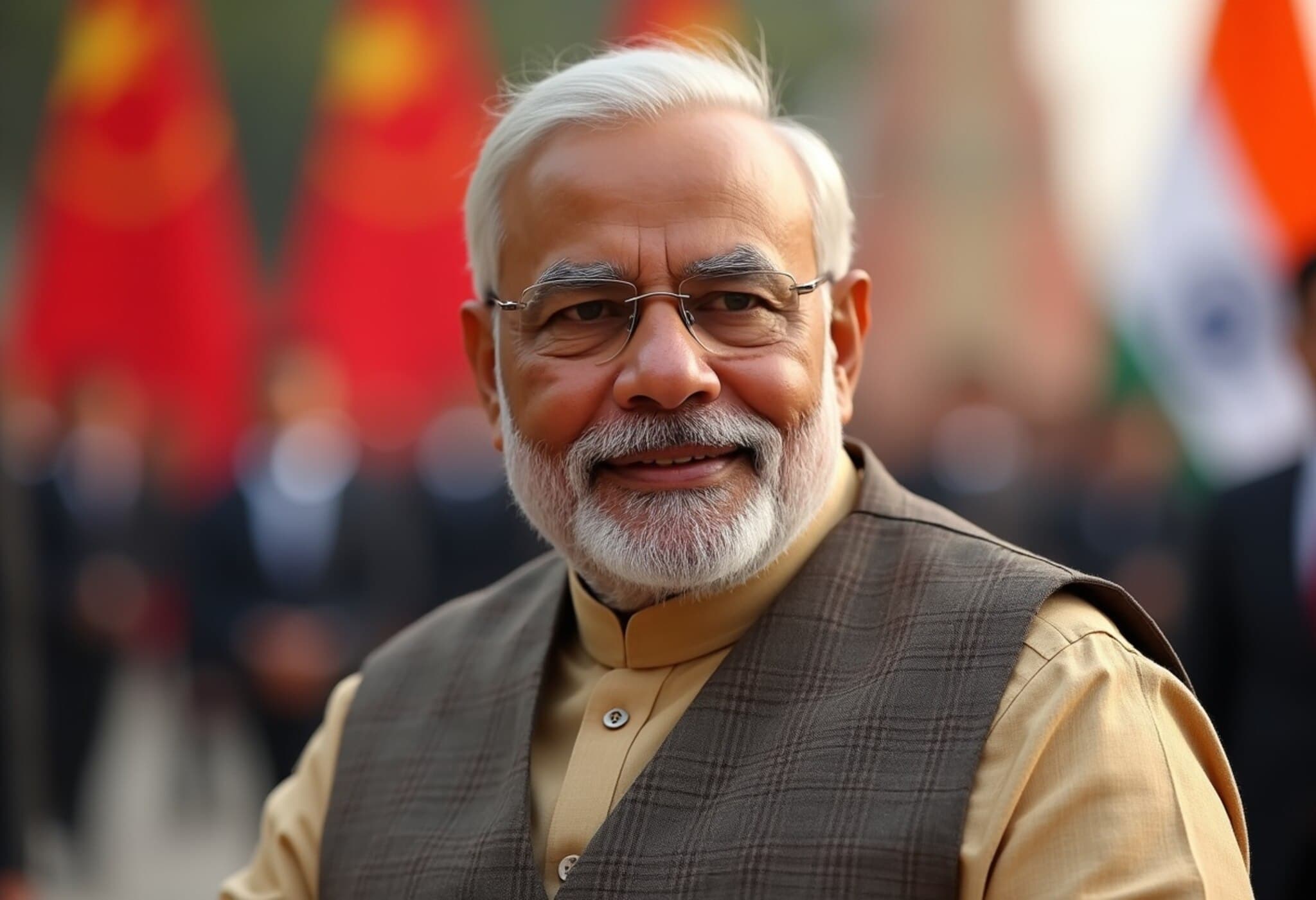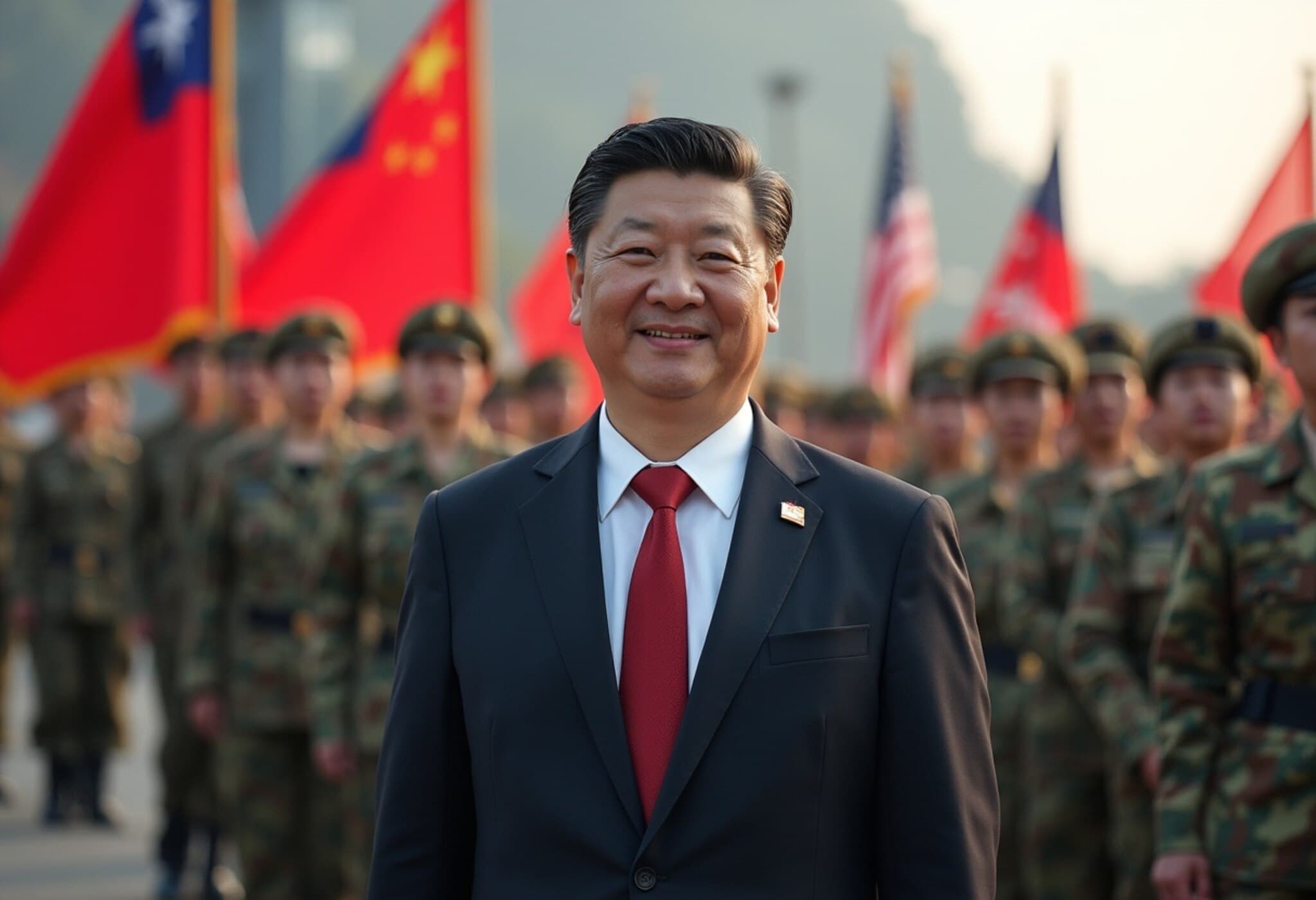China and India Signal a Thaw Through Win-Win Cooperation Dialogue
In a significant diplomatic engagement on August 19, 2025, Chinese Foreign Minister Wang Yi and India’s External Affairs Minister S. Jaishankar met in New Delhi, underscoring aspirations to rebuild and stabilize bilateral ties amid a complex geopolitical backdrop. Wang Yi emphasized the importance of a "win-win cooperation" approach, a message China hopes will set the tone for renewed collaboration between the two Asian giants.
Diplomatic Nuances: Mutual Respect and Sensitivity at the Forefront
Jaishankar, affirming India’s diplomatic principles, reiterated that the cornerstone of India-China relations must be built upon three foundational mutuals:
- Mutual Respect
- Mutual Sensitivity
- Mutual Interest
He stressed that moving forward from a turbulent period marked by years of border tensions requires candid dialogue and a constructive mindset from both nations. "Our relations are best guided by these three mutuals," Jaishankar explained, highlighting India’s emphasis on principled engagement.
Contextualizing the Talks: A Fragile But Hopeful Horizon
These talks arrive against the backdrop of strained India-China relations since the violent border clashes in 2020 along the Line of Actual Control (LAC). The past few years have seen a cautious resumption of key ties — including pilgrimages such as the Kailash Mansarovar Yatra, restoration of visa services, and revived economic dialogues — yet deep-seated challenges remain.
Notably, China’s enduring support for Pakistan continues to complicate strategic trust, alongside economic pressures that India perceives as coercive. These issues underline the complexity of the relationship beyond mere border negotiations.
Boundary Talks and Broader Diplomatic Engagement
Following his meeting with Jaishankar, Wang Yi was scheduled for boundary discussions with National Security Advisor Ajit Doval, both serving as special representatives tasked with resolving border issues. These talks represent a critical stepping stone toward de-escalation and establishing a sustainable peace mechanism.
Wang’s visit culminated in a planned meeting with Prime Minister Narendra Modi, signaling Beijing’s intent to engage at the highest diplomatic levels.
China’s Vision of Global Responsibility and Regional Stability
Through Chinese state media, Wang Yi urged India and China to "demonstrate a sense of global responsibility" as leading powers. He called for setting examples that foster unity among developing nations and contribute meaningfully to the multipolarization and democratization of international relations.
"We must explore the right ways for neighboring major countries to coexist with mutual respect and trust," Wang stated, underscoring the broader strategic imperative of shared development and cooperative progress.
Economic, Cultural, and Environmental Cooperation on the Agenda
Echoing the productive tone of the talks, Jaishankar highlighted joint discussions around specific sectors including economic trade, cross-border pilgrimages, people-to-people exchanges, river-sharing protocols, border trade facilitation, connectivity projects, and other bilateral mechanisms. These areas often provide the groundwork for deeper trust and tangible benefits.
Expert Insight: Navigating Strategic Competition with Pragmatism
From an expert policy perspective, these engagements reflect a cautious but essential balancing act. Both India and China recognize the economic potential inherent in cooperation but remain wary of hard security realities shaped by their historical animosity and competing regional ambitions.
For India, this dialogue offers a diplomatic avenue to push for stability without conceding core sovereignty issues, while for China, it represents a chance to recalibrate relations amid global strategic shifts, including pressure from Western alliances.
Critically, analysts caution that win-win rhetoric must translate into measurable confidence-building to avoid falling back into cycles of mistrust. The continued dialogue between Jaishankar and Wang, along with engagements between NSAs on the border question, will be vital markers of genuine progress.
Looking Ahead: Challenges and Opportunities
- The persisting border dispute remains a sensitive flashpoint requiring steady dialogue.
- Economic and people-to-people ties present valuable pathways for rebuilding mutual goodwill.
- Regional geopolitical shifts, including China’s ties with Pakistan and Indo-Pacific dynamics, will impact bilateral relations.
- Global responsibilities shared by these two large democracies and autocracies alike can influence broader international stability and multipolarity.
Editor’s Note
While the China-India relationship historically oscillates between cooperation and confrontation, the recent high-level talks offer a glimpse into a pragmatic recalibration. The emphasis on mutual respect and win-win cooperation shows political will but also underlines how delicate these ties remain, especially amid complex border and strategic challenges.
For observers and stakeholders, the key question remains: Can sustained dialogue and economic interdependence outpace geopolitical rivalry and pave the way for long-term stability in Asia’s most consequential bilateral relationship?
Continued vigilance, transparent communication, and genuine concessions will be essential ingredients to transforming diplomatic optimism into lasting peace and progress.

